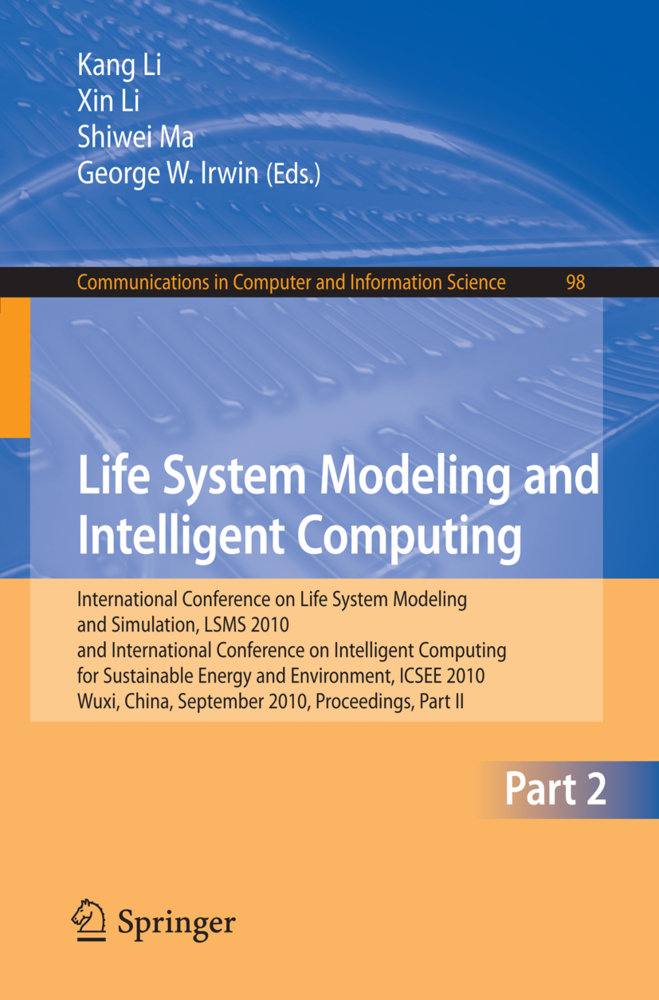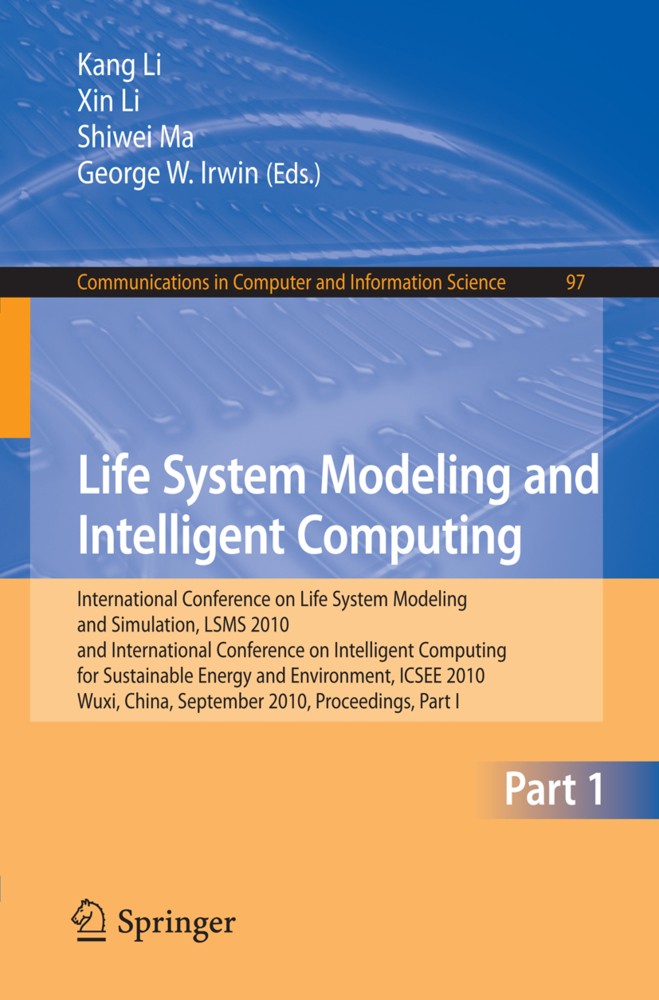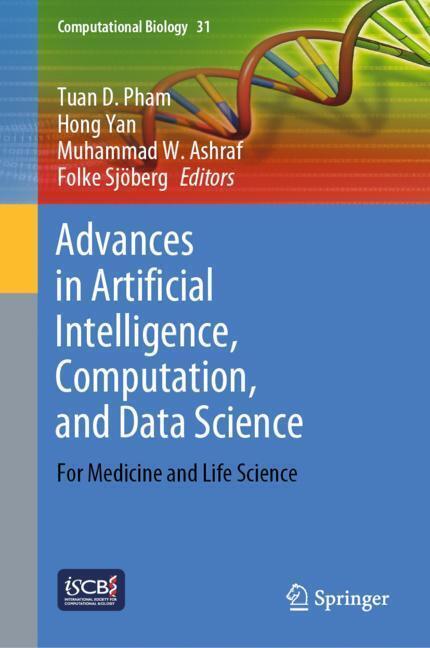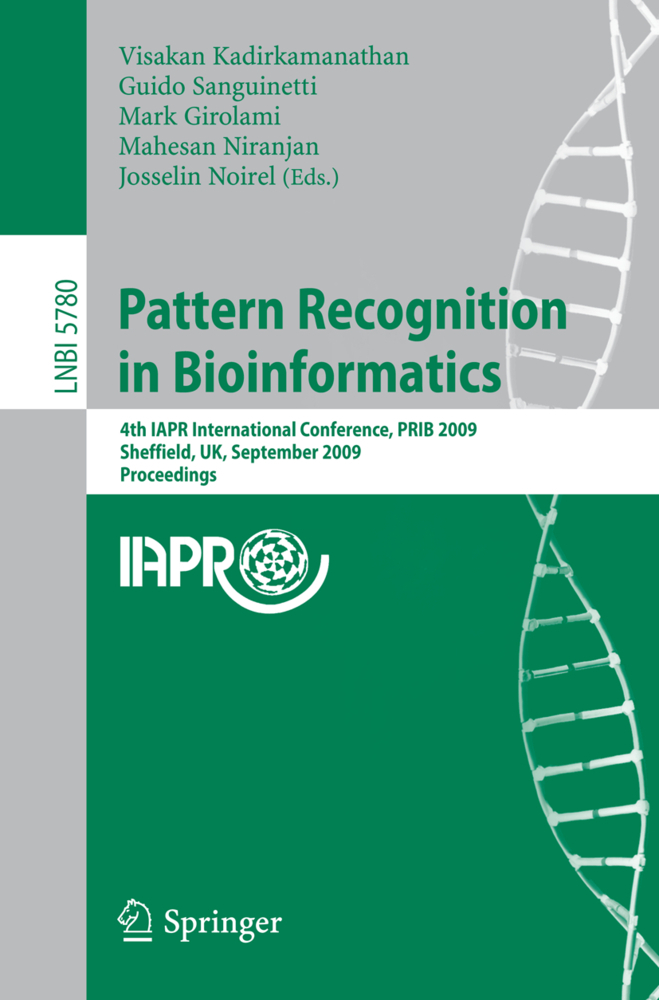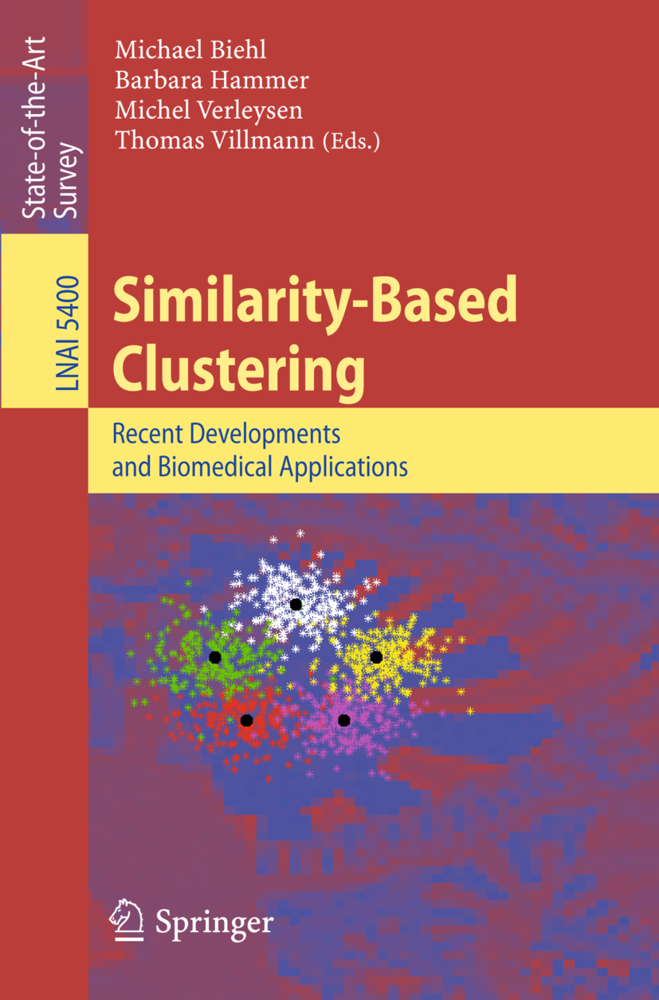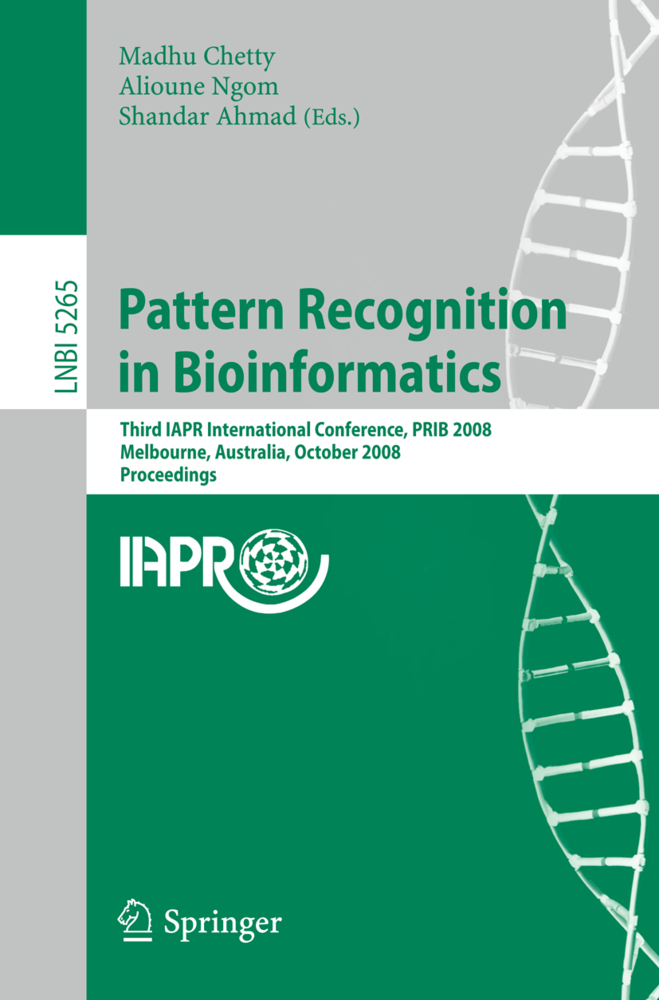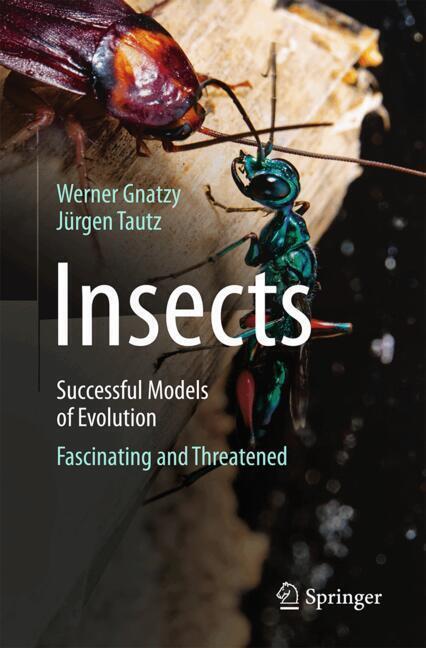Life System Modeling and Intelligent Computing
International Conference on Life System Modeling and Simulation, LSMS 2010, and International Conference on Intelligent Computing for Sustainable Energy and Environment, ICSEE 2010, Wuxi, China, September 17-20, 2010, Proceedings, Part II
Life System Modeling and Intelligent Computing
International Conference on Life System Modeling and Simulation, LSMS 2010, and International Conference on Intelligent Computing for Sustainable Energy and Environment, ICSEE 2010, Wuxi, China, September 17-20, 2010, Proceedings, Part II
The 2010 International Conference on Life System Modeling and Simulation (LSMS 2010) and the 2010 International Conference on Intelligent Computing for Susta- able Energy and Environment (ICSEE 2010) were formed to bring together resear- ers and practitioners in the fields of life system modeling/simulation and intelligent computing applied to worldwide sustainable energy and environmental applications. A life system is a broad concept, covering both micro and macro components ra- ing from cells, tissues and organs across to organisms and ecological niches. To c- prehend and predict the complex behavior of even a simple life system can be - tremely difficult using conventional approaches. To meet this challenge, a variety of new theories and methodologies have emerged in recent years on life system mod- ing and simulation. Along with improved understanding of the behavior of biological systems, novel intelligent computing paradigms and techniques have emerged to h- dle complicated real-world problems and applications. In particular, intelligent c- puting approaches have been valuable in the design and development of systems and facilities for achieving sustainable energy and a sustainable environment, the two most challenging issues currently facing humanity. The two LSMS 2010 and ICSEE 2010 conferences served as an important platform for synergizing these two research streams.
Non-cooperative Game Model Based Bandwidth Scheduling and the Optimization of Quantum-Inspired Weight Adaptive PSO in a Networked Learning Control System
Modified Bacterial Foraging Optimizer for Liquidity Risk Portfolio Optimization
A Combined System for Power Quality Improvement in Grid-Parallel Microgrid
A Distance Sorting Based Multi-Objective Particle Swarm Optimizer and Its Applications
A Discrete Harmony Search Algorithm
CFBB PID Controller Tuning with Probability based Binary Particle Swarm Optimization Algorithm
A Novel Cultural Algorithm and Its Application to the Constrained Optimization in Ammonia Synthesis
Pareto Ant Colony Algorithm for Building Life Cycle Energy Consumption Optimization
Particle Swarm Optimization Based Clustering: A Comparison of Different Cluster Validity Indices
A Frequency Domain Approach to PID Controllers Design in Boiler-Turbine Units
An Estimation of Distribution Algorithm Based on Clayton Copula and Empirical Margins
Clonal Selection Classification Algorithm for High-Dimensional Data
The Second Section: Advanced Neural Network Theory and Algorithms
A General Framework for High-Dimensional Data Reduction Using Unsupervised Bayesian Model
The Model Following Neural Control Applied to Energy-Saving BLDC Air Conditioner System
Develop of Specific Sewage Pretreatment and Network Monitoring System
Application of Radial Basis Function Neural Network in Modeling Wastewater Sludge Recycle System
Improved Stability Criteria for Delayed Neural Networks
Aplication of the Single Neuron PID Controller on the Simulated Chassis Dynamometer
Research on the Neural Network Information Fusion Technology for Distinguishing Chemical Agents
The Third Section: Innovative Education in Systems Modeling and Simulation
Simulating Energy Requirements for an MDF Production Plant
Three-Dimensional Mesh Generation for Human Heart Model
Interactive Identification Method for Box-Jenkins Models
Research on Nano-repositioning of Atomic Force Microscopy Based on Nano-manipulation
Research on Expression Method of a Unified Constraint Multi-domain Model for Complex Products
The Fourth Section: Intelligent Methods in Developing Vehicles, Engines and Equipments
An Automatic Collision Avoidance Strategy for Unmanned Surface Vehicles
Research on Fire-Engine Pressure Balance Control System Based Upon Neural Networks
The Summary of Reconstruction Method for Energy Conservation and Emission Reduction of Furnace
Osmotic Energy Conversion Techniques from Seawater
The Fifth Section: Fuzzy, Neural, and Fuzzy-Neuro Hybrids
Vibration Monitoring of Auxiliaries in Power Plants Based on AR (P) Model Using Wireless Sensor Networks
Performance Prediction for a Centrifugal Pump with Splitter Blades Based on BP Artificial Neural Network
Short-Term Traffic Flow Prediction Based on Interval Type-2 Fuzzy Neural Networks
Neural Network and Sliding Mode Control Combining Based Reconfigurable Control
Study on Membrane Protein Interaction Networks by Constructing Gene Regulatory Network Model.
The First Section: Advanced Evolutionary Computing Theory and Algorithms
Co-Evolutionary Cultural Based Particle Swarm Optimization AlgorithmNon-cooperative Game Model Based Bandwidth Scheduling and the Optimization of Quantum-Inspired Weight Adaptive PSO in a Networked Learning Control System
Modified Bacterial Foraging Optimizer for Liquidity Risk Portfolio Optimization
A Combined System for Power Quality Improvement in Grid-Parallel Microgrid
A Distance Sorting Based Multi-Objective Particle Swarm Optimizer and Its Applications
A Discrete Harmony Search Algorithm
CFBB PID Controller Tuning with Probability based Binary Particle Swarm Optimization Algorithm
A Novel Cultural Algorithm and Its Application to the Constrained Optimization in Ammonia Synthesis
Pareto Ant Colony Algorithm for Building Life Cycle Energy Consumption Optimization
Particle Swarm Optimization Based Clustering: A Comparison of Different Cluster Validity Indices
A Frequency Domain Approach to PID Controllers Design in Boiler-Turbine Units
An Estimation of Distribution Algorithm Based on Clayton Copula and Empirical Margins
Clonal Selection Classification Algorithm for High-Dimensional Data
The Second Section: Advanced Neural Network Theory and Algorithms
A General Framework for High-Dimensional Data Reduction Using Unsupervised Bayesian Model
The Model Following Neural Control Applied to Energy-Saving BLDC Air Conditioner System
Develop of Specific Sewage Pretreatment and Network Monitoring System
Application of Radial Basis Function Neural Network in Modeling Wastewater Sludge Recycle System
Improved Stability Criteria for Delayed Neural Networks
Aplication of the Single Neuron PID Controller on the Simulated Chassis Dynamometer
Research on the Neural Network Information Fusion Technology for Distinguishing Chemical Agents
The Third Section: Innovative Education in Systems Modeling and Simulation
Simulating Energy Requirements for an MDF Production Plant
Three-Dimensional Mesh Generation for Human Heart Model
Interactive Identification Method for Box-Jenkins Models
Research on Nano-repositioning of Atomic Force Microscopy Based on Nano-manipulation
Research on Expression Method of a Unified Constraint Multi-domain Model for Complex Products
The Fourth Section: Intelligent Methods in Developing Vehicles, Engines and Equipments
An Automatic Collision Avoidance Strategy for Unmanned Surface Vehicles
Research on Fire-Engine Pressure Balance Control System Based Upon Neural Networks
The Summary of Reconstruction Method for Energy Conservation and Emission Reduction of Furnace
Osmotic Energy Conversion Techniques from Seawater
The Fifth Section: Fuzzy, Neural, and Fuzzy-Neuro Hybrids
Vibration Monitoring of Auxiliaries in Power Plants Based on AR (P) Model Using Wireless Sensor Networks
Performance Prediction for a Centrifugal Pump with Splitter Blades Based on BP Artificial Neural Network
Short-Term Traffic Flow Prediction Based on Interval Type-2 Fuzzy Neural Networks
Neural Network and Sliding Mode Control Combining Based Reconfigurable Control
Study on Membrane Protein Interaction Networks by Constructing Gene Regulatory Network Model.
Li, Kang
Li, Xin
Ma, Shiwei
Irwin, George W.
| ISBN | 978-3-642-15858-2 |
|---|---|
| Artikelnummer | 9783642158582 |
| Medientyp | Buch |
| Copyrightjahr | 2010 |
| Verlag | Springer, Berlin |
| Umfang | XVIII, 256 Seiten |
| Abbildungen | XVIII, 256 p. 113 illus. |
| Sprache | Englisch |

